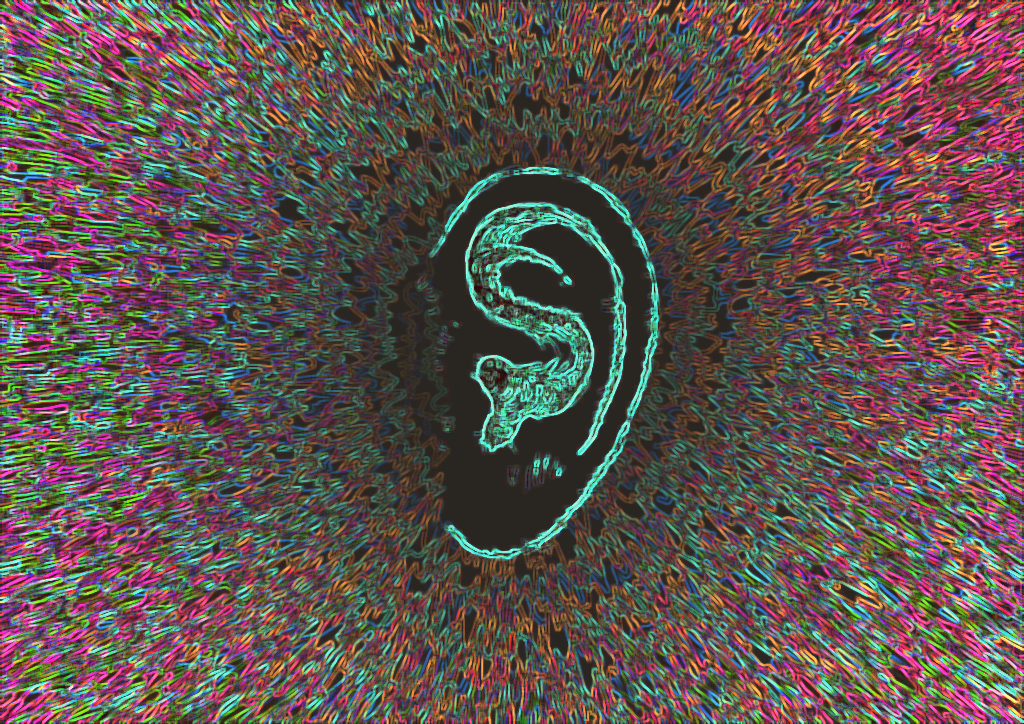
DJs, hosts, and presenters on music stations all over the world are a lot like bartenders. They have their main jobs, but there’s also the secondary services they provide.
For people who make their living on the airwaves, they need to be many things – weather experts, concierges, and psychologists – for starters. And the good ones aren’t just music mavens – they require the skills to identify songs, often under the worst possible conditions.
As author Malcolm Gladwell advises, it often requires 10,000 repetitions to become expert at a complex task. Perhaps answering the studio lines that many times prepares a host for just about any musical challenge.
“I think the words are ‘There’s a bathroom on the right'” is how so many hear Credence Clearwater Revival’s “Bad Moon Rising.” And on it goes, because so many lyrics are virtually unintelligible.
But oftentimes the song that enters a listener’s sensitive cerebral cortex is just a few notes, a rough melody, just a piece of the song. And the most dedicated studio denizen will say, “Go ahead an hum it” in an attempt to name that tune.
And so you’ll be happy to know that even in the teeth of the worst pandemic in a century, technologists all over the globe are working hard to 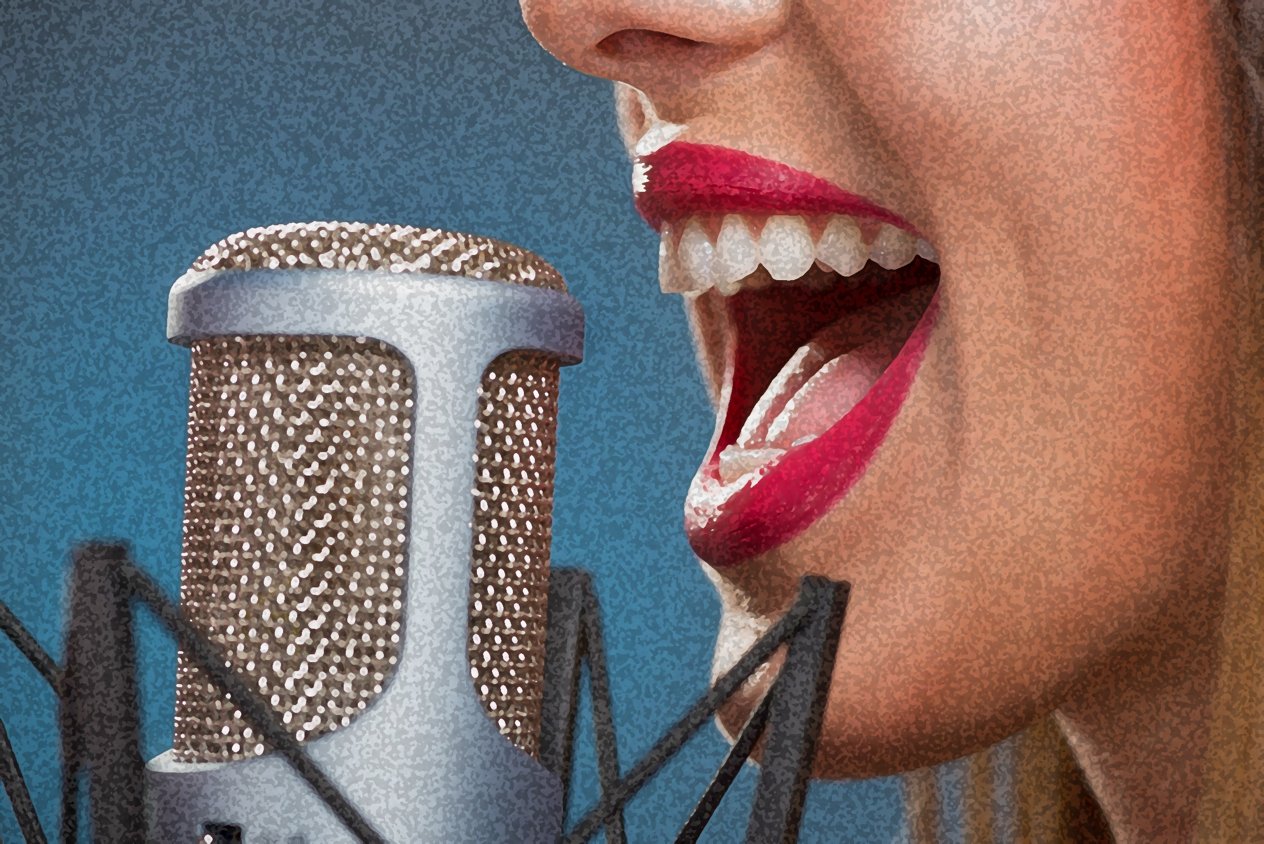 replace the poor disc jockey, and her ability to identify a song after hearing just a melodic strain over the request lines.
replace the poor disc jockey, and her ability to identify a song after hearing just a melodic strain over the request lines.
After all, online services such as Google now are more efficient than the average disc jockey for traffic, weather, and school closings. Pre-COVID, you might have been better off consulting a search engine for concert and event information than calling the studio line in the hope that someone would answer the phone.
But up to this point, that person behind the mic has served as the last bastion between you and that “ear worm” – the song that’s lodged in your head that you can’t quite identify.
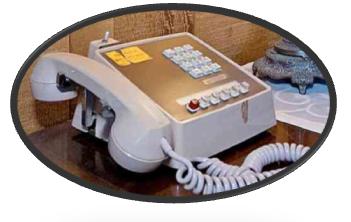 That is, until now.
That is, until now.
Our friends at Digital Music News tell us the software maestros at Google are well on their way to perfecting the next level in their song ID algorithm in the quest to name that song. While Sean Ross is undoubtedly quicker and more accurate than most air personalities, he’s not always available at a moment’s notice.
So the next big thing may be whipping out your smartphone, punching up your Google app, and humming a few bars. Again, the technology is far from perfect, but in the zone where Alexa and Google Voice was just a few short years ago.
Of course, I tried it.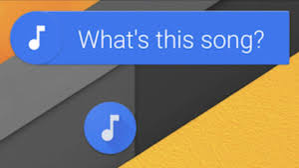
First, with “Smoke on the Water.” I sang the familiar progression of:
“Bum bum bum, bum bum bum bum”
And it didn’t work. Humming the tune, got me closer to success. The algorithm came up with a 17% match for the Deep Purple classic, its top choice. Not bad.
The software was quicker and more accurate with “Sweet Caroline”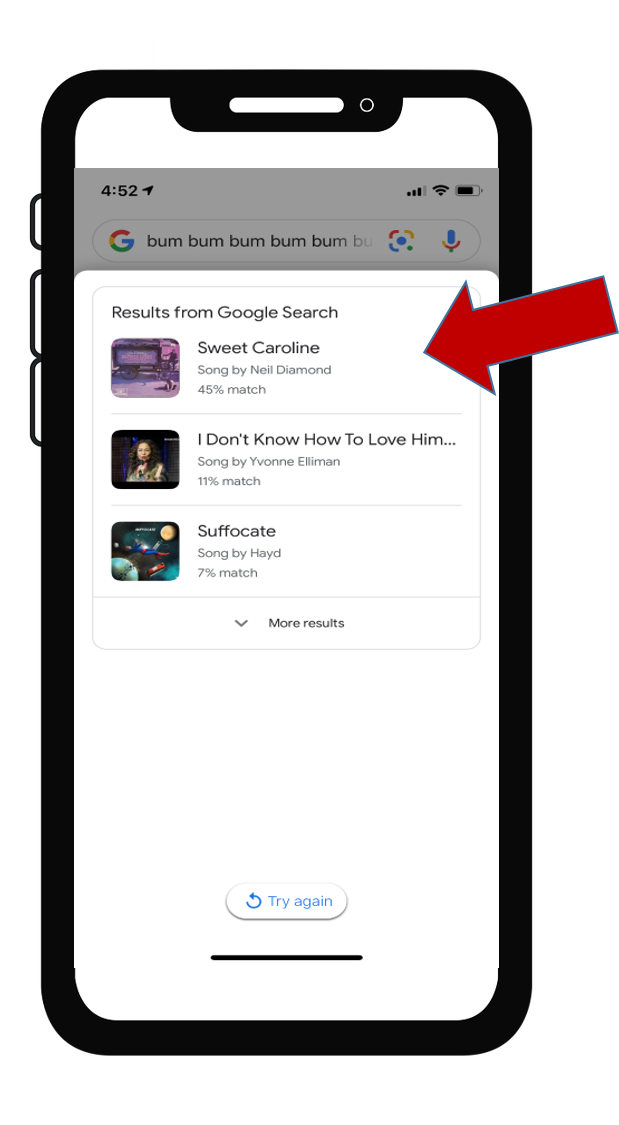 (although I did intone the telltale “Bum bum bum” after Neil Diamond sings the title of that popular tune). But 45% accuracy isn’t bad for Artificial Intelligence when a listener can’t get through to a radio station control room.
(although I did intone the telltale “Bum bum bum” after Neil Diamond sings the title of that popular tune). But 45% accuracy isn’t bad for Artificial Intelligence when a listener can’t get through to a radio station control room.
It’s not perfect.
I struck out with “Seven Nation Army” (obviously, I watched a lot of football over the weekend). And did no better with “Walk of Life.”
“Stairway to Heaven” came easier to Google (although I whistled rather than hummed its melancholy opening verse).
Writer Ashley King explains how the Google SoundSearch team uses audio fingerprinting technology to accomplish the task. An eight second clip (longer than we use in music tests) of songs becomes a unique signature. When the “searcher” can reasonably match it by humming or whistling, the song pops right up.
Shazam was the first technology that “magically” identified songs by “hearing them.” It was the app many of us downloaded when we got that first smartphone.
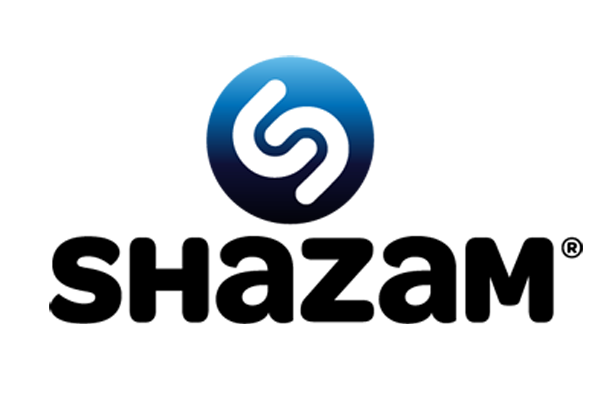 The Shazam app, developed originally in 1999, ended up on a lot of those original iPhones, able to amaze and astound at parties…or radio monitoring sessions.
The Shazam app, developed originally in 1999, ended up on a lot of those original iPhones, able to amaze and astound at parties…or radio monitoring sessions.
Notably, Apple bought the company and its code for $400 million a couple years back.
“Shazam it” has become the best way to name that tune.
Until now.
Google has upped the ante with “hummable ID” capabilities – another amazing sign that science and technologists are ahead of the curve when it comes to using technology for useful purposes – like identifying obscure songs.
Now about that vaccine…
- For Radio, Will It Be Christmas In April (And Hopefully, May)? - April 21, 2025
- Media And Technology In 2025: Believe It Or Not! - April 18, 2025
- In Radio, You Just Never Know - April 17, 2025




I tried this with a couple of ear worms I’ve had for well, years, and it was no help with figuring out what the heck they were. I would imagine that the service from google might do better with more “contemporary” music than anything from before the ’60s. One question though. Since a lot of rap/hip-hop music relies on essentially the same melody, I wonder how it does with those? I don’t know enough about the genre to try.
I’m not sure it’s a function of era. I just tried “Na, Na, Hey, Hey” by Steam, and the algorithm nailed it. Perhaps they’ve only recorded “fingerprints” for hits. Thanks for trying, John.
I wonder the reaction from commercial radio regarding this. I wonder how many morning shows/afternoon shows/websites/podcasts/blogs (other than Fred’s) are even talking about this?
In the midst of pandemic talk and politics and the like – this is a “neat” idea – especially if it works. Maybe a bit where you try to “beat Google” -not unlike “Name That Tune” – only the prize is awarded when Google matches the caller.
This technology and now Spotify setting up its own “Morning Show” (which at this point doesn’t seem much different from a podcast that’s not downloadable) – they’re emulating what radio has done for years. But will they do it better? ]
I like it Dave! Maybe pit your stations music expert against Google. Have the listener call and whistle/hum the song, see if the ‘expert’ can stump google. And then try Google to see who got it right. might be fun. Of course, there is the fact that you’re essentially giving airtime to an advertising competitor. But no one seems to care about that these days.
Love the morning show idea, Dave (see John Ford’s comment, too).
As for Spotify’s “morning show,” my money’s on broadcast radio’s a.m. drive talent. Thanks, Dave.